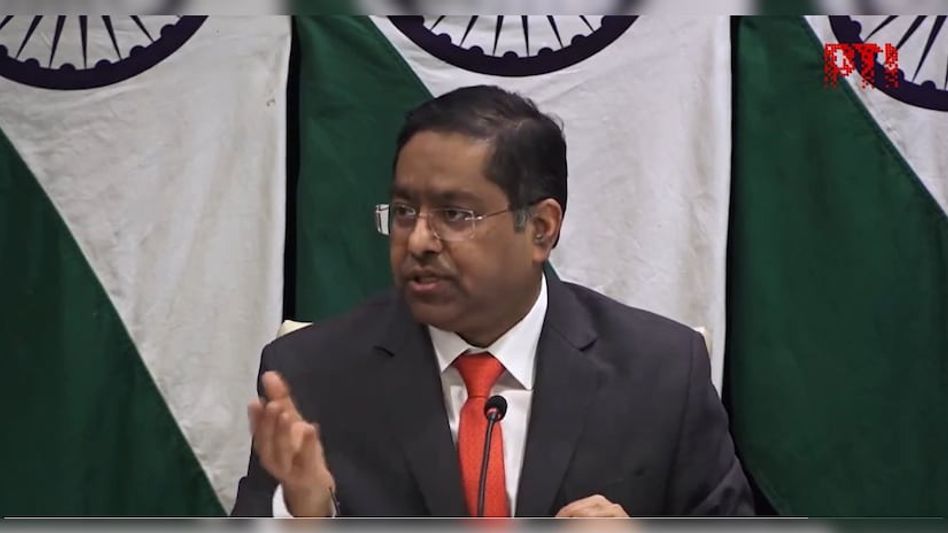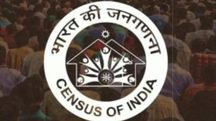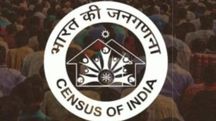MEA reaffirms stance on PoK, CPEC, cites territorial integrity
India's Ministry of External Affairs reaffirmed Jammu and Kashmir as integral parts of India, opposing the China-Pakistan Economic Corridor (CPEC) over territorial integrity concerns. The stance comes amid increased cooperation between Pakistan and China on the CPEC project.

- India reaffirms Jammu and Kashmir as integral parts of the nation
- Opposes China-Pakistan Economic Corridor citing sovereignty concerns
- Highlights human rights issues in Balochistan linked to CPEC
Ministry of External Affairs (MEA) spokesperson Randhir Jaiswal reiterated that Jammu and Kashmir, including Ladakh, are integral parts of India and talked about India's position on Pakistan-occupied Jammu and Kashmir (PoK) and the China-Pakistan Economic Corridor (CPEC). He emphasized that India stands against the CPEC, citing concerns over its impact on India's territorial integrity and sovereignty.
During a weekly media briefing, Jaiswal addressed queries regarding reports of increased cooperation between Pakistan and China, particularly regarding the CPEC. He stated firmly, "Our position on PoK is consistent. Jammu and Kashmir and Ladakh are and will remain an integral part of India." He added that India opposes the CPEC due to its adverse effects on India's territorial sovereignty.
Jaiswal's remarks follow a joint press statement by Pakistan's Deputy Prime Minister Ishaq Dar and Chinese Foreign Minister Wang Yi, expressing satisfaction over the progress of the CPEC and affirming their commitment to enhance cooperation in various sectors. This includes accelerating projects such as the Main Line-1 railway line, Gwadar Port development, and other initiatives.
The CPEC, part of China's Belt and Road Initiative (BRI), is a significant infrastructure project aiming to connect China's Xinjiang region with Pakistan's Gwadar and Karachi ports. However, concerns have been raised about its impact on regions like Balochistan, where activists have highlighted human rights violations and displacement linked to the project.
Baloch political activist Munir Mengal recently addressed the United Nations Human Rights Council, expressing concerns about the worsening human rights situation in Balochistan since the implementation of the CPEC. Mengal accused the project of being detrimental to Baloch people's rights and freedoms, leading to displacement, disappearances, and military operations.
India's stance reflects ongoing regional tensions and geopolitical complexities surrounding major infrastructure projects like the CPEC, underscoring the challenges in balancing economic development with sovereignty and human rights concerns.
Copyright©2025 Living Media India Limited. For reprint rights: Syndications Today









